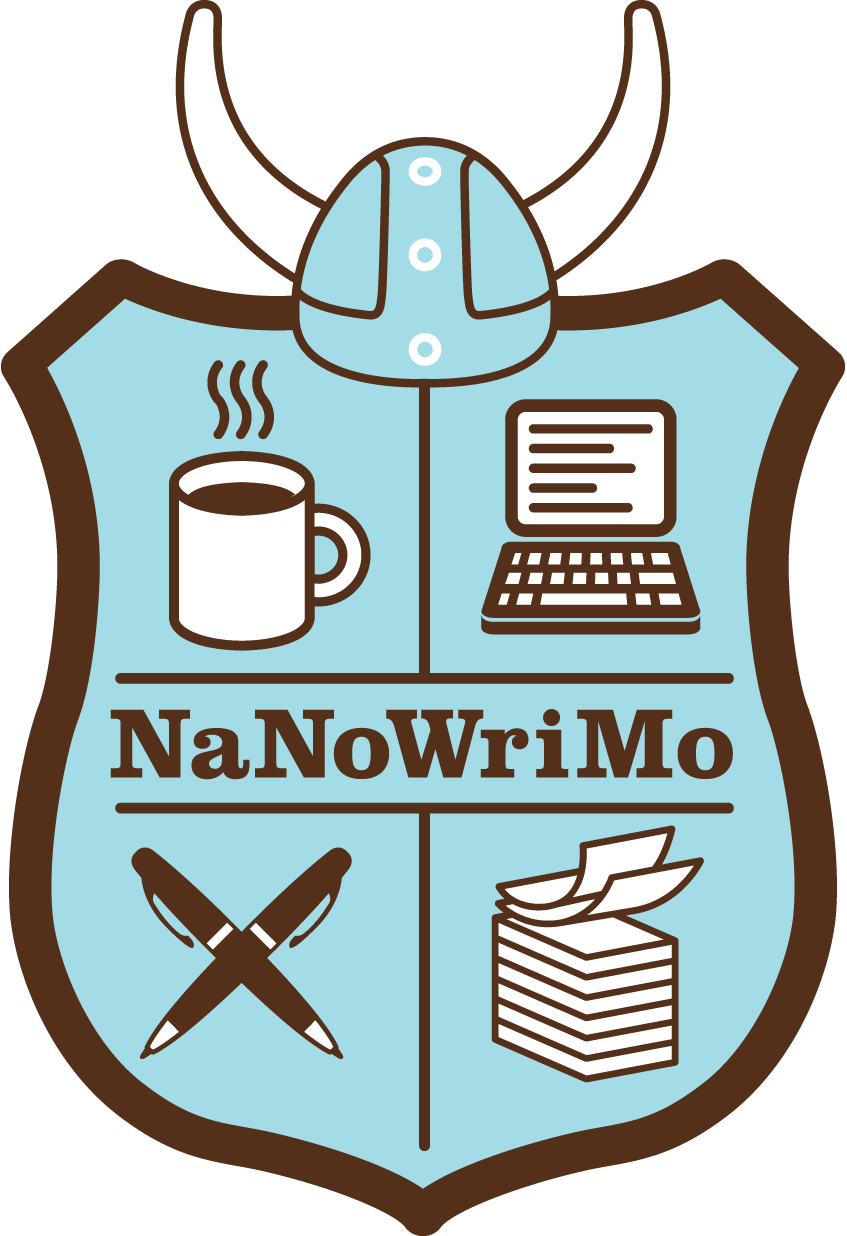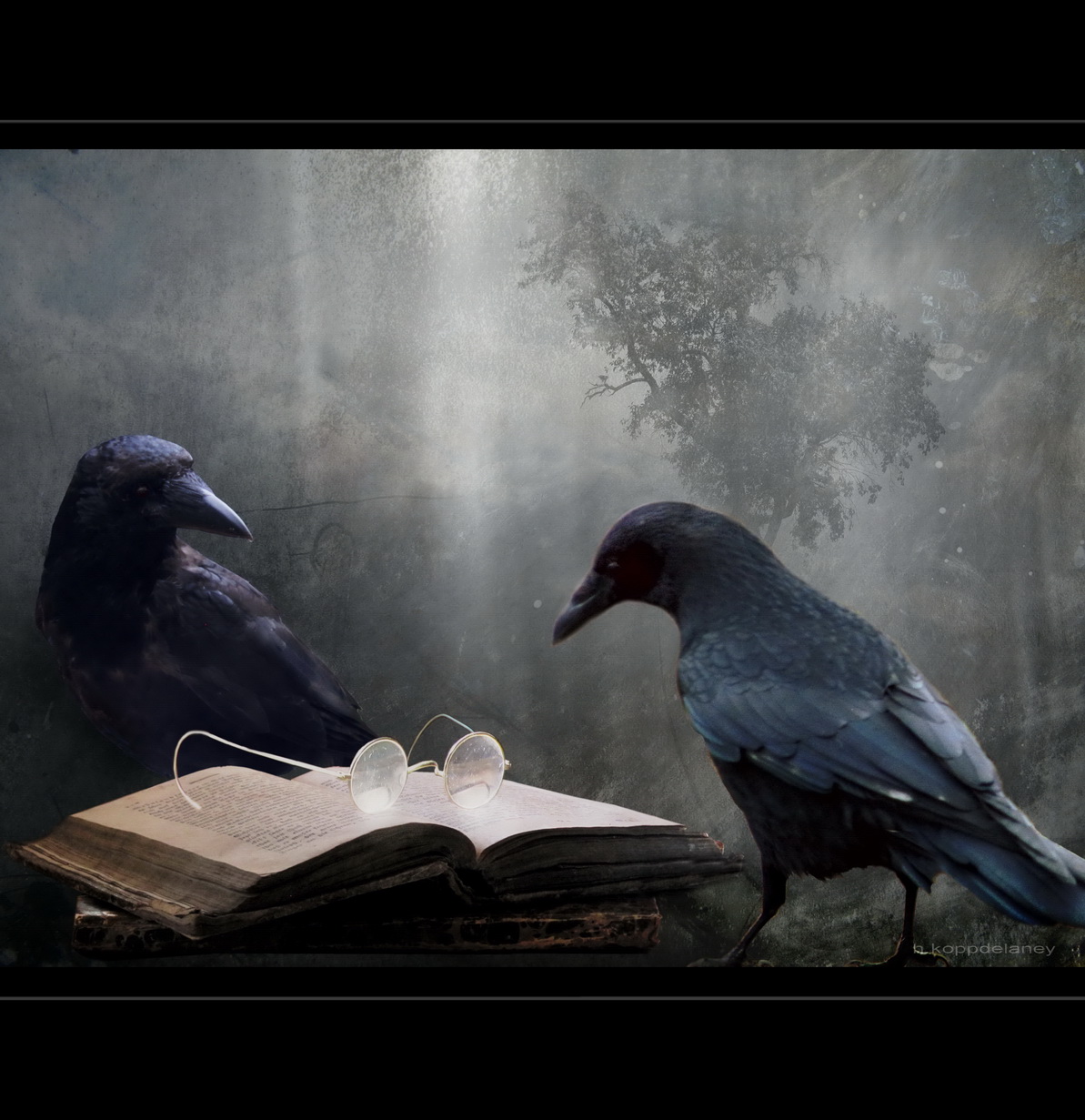At the end of last year, we pulled into the station on a full twelve months of the 200 CCs experiment. The safest thing I can say at this point is that it’s been quite a ride and nothing like what I expected. It feels like it’s worth reflecting a bit and being as forthcoming as I’m able to be about the future of the endeavor.
 What’s Past
What’s Past
I learned an awful lot last year as an editor. The first is that editing is richly rewarding, but also that it’s powerfully demanding. My own writing suffered in 2016 as a direct result of my work on 200 CCs. Now, that was a possibility I considered going in, but way back in December of 2015, my writing wasn’t going very well anyway so I felt good about the change of pace.
But, writing is (for me) a cyclic undertaking. By the time I felt like I was starting to get my mojo back, I was well embedded in the commitments of the 200 CCs project. The way this manifested was a total ball-drop of the zine aspect. I don’t know how many readers were enjoying the monthly issues, but once I hit the mid-point of the year (which I had been calling Volume 1), I could no longer maintain the schedule. Volume 2, Issue 1 slipped behind, then Issue 2 slipped behind that, and the collected Volume 1 edition stumbled as well. By the time it was late in September I was four issues behind and had to sort of quietly resign myself that zine editions would probably not be coming for Volume 2 at all.
Part of that slow burial behind the mounting work was a fresh output of new writing I was producing. I still liked the idea of the monthly issues, but I had the mounting sense they were redundant. The stories were already available here on the site. The tighter layout controls and guest editorials and so forth were fun and (I hope) aesthetically exciting, but it wasn’t always clear how much value those digital-only versions added.
The other factor that cannot be overlooked is that I bit off just slightly more than I could chew financially speaking. Sure, I had funding for the project as it was initially conceived: a weekly microfiction story and a few themed contests. But as the scope grew to twice a week and the contest prizes grew to accommodate the large number of wonderful entries, I had to dip past my reserves to cover costs. Given that the whole thing had zero revenue potential (and was originally just an excuse to keep fresh content on the website—paying for freshness with cash instead of time), there was no way to offset any of the expenses.
I don’t mean any of this as a complaint or an excuse. Most of the pitfalls I foresaw as possibilities and wasn’t blindsided by them. But, they do play into the future of 200 CCs as an entity and I’d be stupid to ignore or downplay their significance.
What’s Present
As much as I’ve loved having lots of great stories to post on the site and have enjoyed the increased traffic to ironsoap.com, I have to admit that none of it has made this site—ostensibly devoted to my own writing—a better place to come and find out about the writing of Paul A. Hamilton.
But a few things remain as true today as they were nearly a year ago when I cooked up this idea. One is that I still love microfiction—in particular the loose 200-ish word format that I’ve focused on. Seeing the expertise at which my contributors have displayed in wringing every last bit of pain and beauty out of those precious few sentences never ceases to thrill me.
Another is that I still crave a collaborative creative outlet where I can stretch beyond word-monkey and exercise my visual design skills, my eye for talent and execution, my photography, my editorial instincts. And lastly, I still crave the means and opportunity to pay writers for strong work that speaks to me (and hopefully others).
That all being said, I can confidently say that at this point I know I have one final trick up my sleeve for Year One of 200 CCs and beyond that any further exploration of this kind of endeavor will have to involve the following:
- A sufficient infusion of cash to maintain the minimum semi-pro rates I’ve offered to date.
- A separation of the microfiction stories from the ironsoap.com site.
- A new schedule, format, or process that does not involve a nonstop cycle of twice-a-week publication (plus any other format variations).
What’s To Come
The one sure thing is that Year Two of 200 CCs won’t look like this past year. I don’t know exactly what that means, only that you shouldn’t expect twice weekly microfiction stories posted on ironsoap.com. My early visions include a lot more guest editors, zine editions first, and more like a bi-monthly schedule.
But all of it depends on that final trick I mentioned above. I’m currently putting together a 200 CCs Year One print edition, featuring (nearly) all the stories from the entire year. There will not be an ebook edition available to the public. The only way to get all these great stories in one place will be the book.
And the catch is that the proceeds will determine the funding for (or even the existence of) 200 CCs in 2017.
The experiment is pretty straightforward: if enough people buy the book to fund another year, I’ll make 200 CCs Year Two happen, in some form or another. If not, well, that’s the way it goes.
I hope it’s successful, but in a way there’s no chance that it won’t be. Even if nobody buys the book and we can’t fund future forays into 200 CCs, there will at least be a collection of last year’s wonderful experiment available, and I can’t think of a more fitting legacy to the project than that.
 What’s Past
What’s Past


 Writer of words, lover of fiction, dabbler in data, builder of web things—Steve also helps companies sell stuff. At the beginning of 2016, he promised himself to write one short story every weekday for a year, we’ll see how that goes.
Writer of words, lover of fiction, dabbler in data, builder of web things—Steve also helps companies sell stuff. At the beginning of 2016, he promised himself to write one short story every weekday for a year, we’ll see how that goes.
 Ron Gibson, Jr. has previously appeared in Noble / Gas Quarterly, Pidgeonholes, Maudlin House, The Vignette Review, Ghost City Review, Cease Cows, Spelk Fiction, Ink in Thirds, Gravel Magazine, etc. And can be found on Twitter at
Ron Gibson, Jr. has previously appeared in Noble / Gas Quarterly, Pidgeonholes, Maudlin House, The Vignette Review, Ghost City Review, Cease Cows, Spelk Fiction, Ink in Thirds, Gravel Magazine, etc. And can be found on Twitter at 





